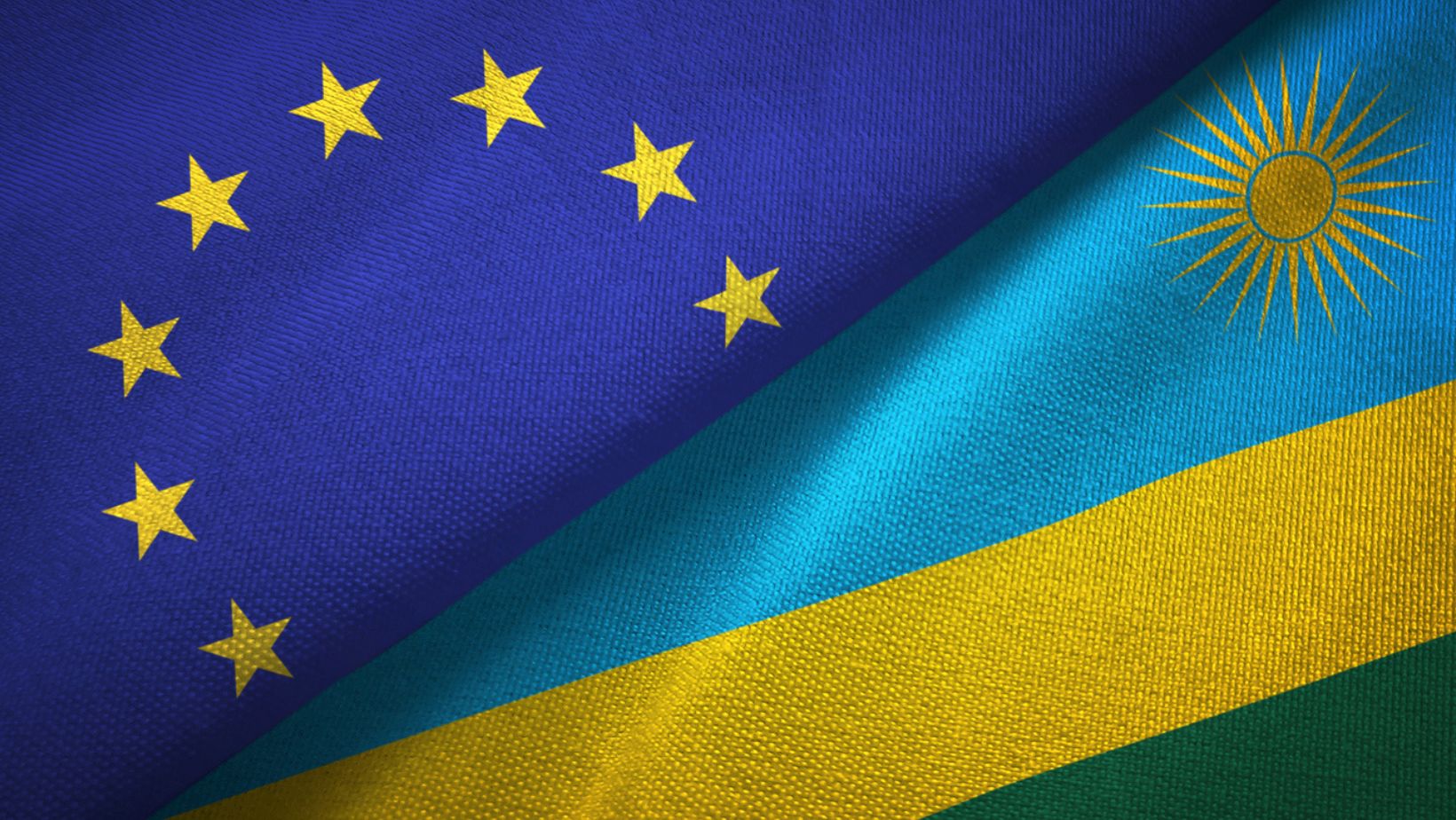The African country is the world’s third-largest tantalum producer – also mines tin, tungsten, gold, and niobium and has the potential for lithium and rare earth elements.
Representatives of the European Union and Rwanda signed a Memorandum of Understanding on critical minerals and sustainable supply chains on Monday. The agreement signed by EU Commissioner for International Partnerships, Jutta Urpilainen, and Rwandan Minister of Foreign Affairs and International Cooperation, Vincent Biruta, establishes cooperation between the EU and the African country across multiple areas, including the integration of sustainable raw materials value chains, the mobilization of funding for infrastructure projects, and collaboration on research and innovation. In addition, the memorandum encompasses sharing knowledge and technologies related to sustainable mining, exploration, processing, and recycling of critical minerals.
Critical Mineral Partnerships to Diversify Supply Chains
The partnership aims to build on top of Rwanda’s existing mining sector and enhance it. According to data from the U.S. Geological Survey (PDF), the African country is the world’s third-largest tantalum producer. It also produces tin, tungsten, gold, and niobium, and has potential for lithium and rare earth elements. The EU, on the other hand, seeks to ensure a sustainable supply of critical raw materials for its energy transition, according to the statement by the European Commission. The agreement follows similar commitments signed with other African countries last year: the Democratic Republic of the Congo, the Republic of Zambia, and Namibia. All four partnerships stand under the EU’s Global Gateway strategy, intended to be a counterweight to the Chinese Belt and Road Initiative, under which the industry leader seeks to gain access to African resources, among other things. Global Gateway envisages investments of up to 300 billion euros by 2027. The EU is highly dependent on critical mineral imports from China and seeks to diversify its supply chains.
Photo: iStock/Oleksii Liskonih


